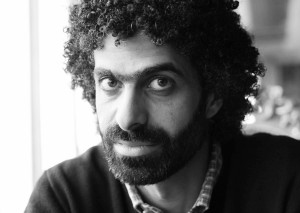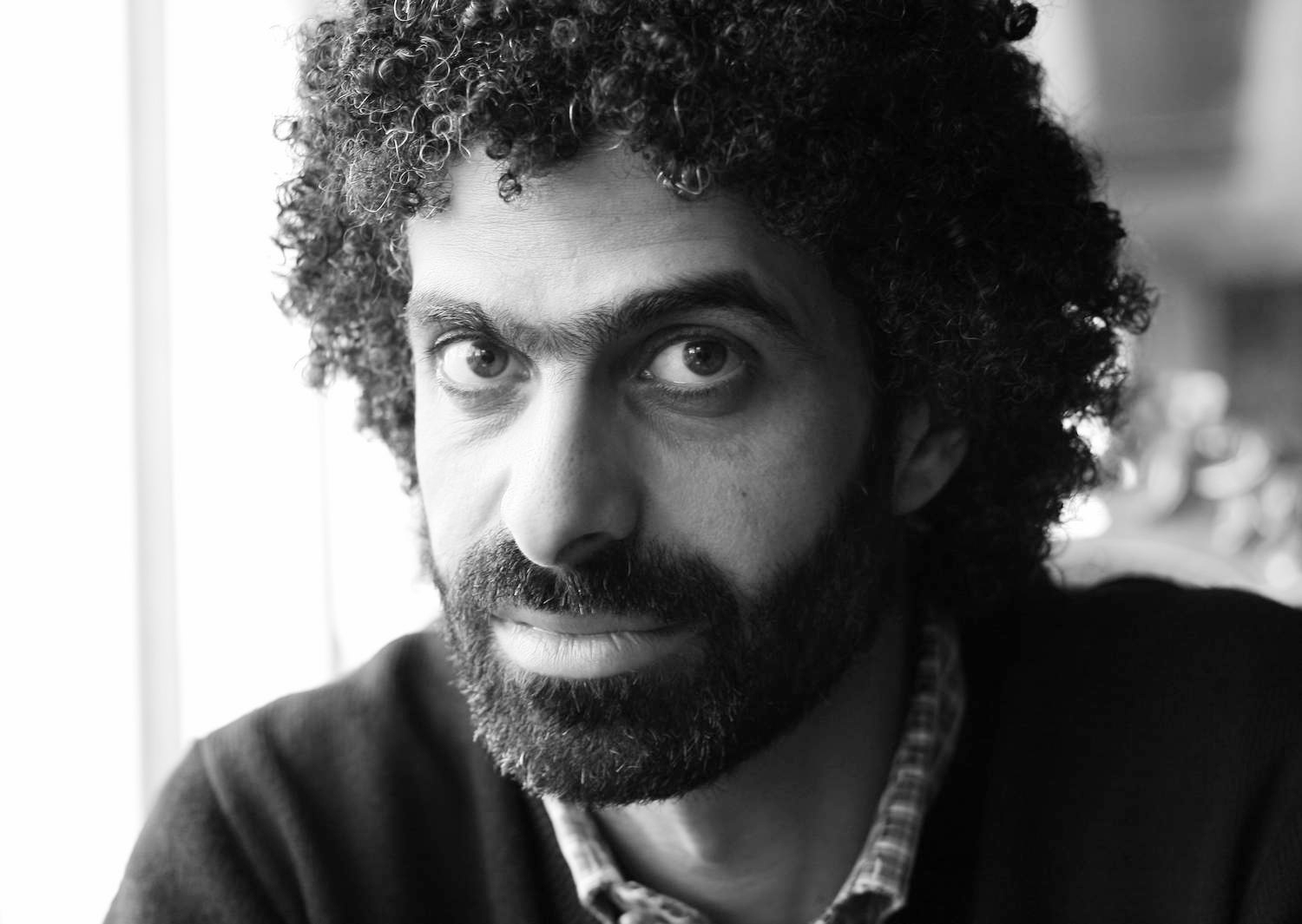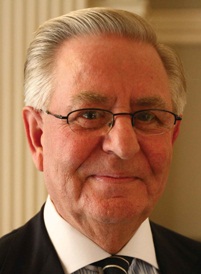
“Down, down with military rule!” A simple and beautiful chant that encapsulates the dream of many Egyptians to rid the country of the generals who have ruled from 1952 until today. The recent decisions of President Morsy to “fire” generals Tantawi and Anan, along with a significant re-shuffle of the Supreme Council of Armed Forces (SCAF), are for those Egyptians a dream that has apparently come true. Maybe the exhaustion of shouting the “Down, down” chant for almost a year-and-a-half has made them celebrate whatever good news they hear.
What Morsy has shown with these recent moves is that he has the potential to be a smart and a strong leader – contrary to the expectations of many. However, facts and reality should not be taken out of context, coloured by naive euphoria or simplistic Ikhwanophobia.
What happened might be well described as a subtle military coup within SCAF, initiated and orchestrated by Morsy. Let’s ask ourselves a very logical question. Why wouldn’t the Muslim Brotherhood and the military devise a means of coexistence to ensure their mutual survival? Both must have surely considered the idea, since the Brotherhood became a real power on the ground following January’s revolution. They – Brotherhood and SCAF – just failed in the beginning, due to having the wrong representatives on both sides.
Morsy considered bringing to the scene new and fresh military leaders to support. And those leaders read the signals and made the necessary changes to save the army from a series of very dangerous confrontations: with the Brotherhood; with the revolutionaries; and another potential confrontation within the military itself. We have to understand that the army is not just a Tantawi-Anan model. Most of the generals probably would not “make friends” with the revolutionaries who seek civilian rights, but the old SCAF’s blunt confrontational strategy gained nothing for the military except a growing list of documented legal violations.
So, why not re-shuffle, sack the “bad apples,” and live together in peace?
In fact, Morsy’s recent decrees have brought a number of benefits to both his government and the military. The pro-Shafiq/pro-Mubarak headache has diminished, Morsy is more respected as a leader, criticism against the military is now directed toward the “retired” Tantawi and Anan, and a big portion of active revolutionary youth have decided to give Morsy and his government a chance. What else do the Brotherhood and the military need?
As evidence that these presidential decrees are neither the sole initiative of Morsy nor a real crackdown on military violations, came Wednesday’s new military leadership appointments. Among the new appointees is the former Military Prosecutor Major General Medhat Ghezy, now assigned as the new Chief of Military Justice. Ghezy is responsible for sending over 12,000 civilians to military trials since last January’s revolution.
Should we be pessimistic about this new phase of the game? Not necessarily, because the Brotherhood and the military are borne of two very different ideologies that will not change overnight. They will definitely disagree at some point.
Should we then be happy? Again, not necessarily. It is a big achievement for a democratically elected civilian president to garner more and more powers from a military that has ruled for 60 years. Yet Morsy, his party and the Brotherhood are extremely secretive. At this stage it is not clear at all whether the new government will fulfill the people’s dream of building a strong democratic state of institutions, or pursue the old dream of the founder Hassan Al-Banna of having a strong group ruling the state.




